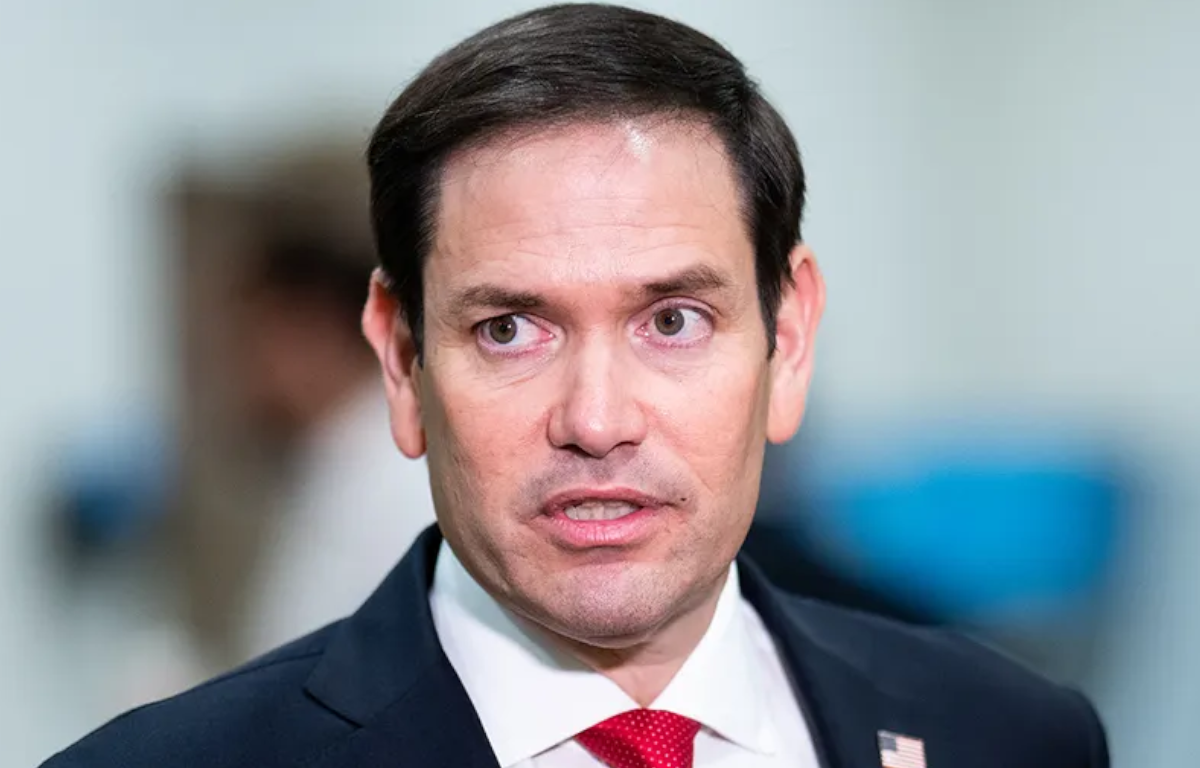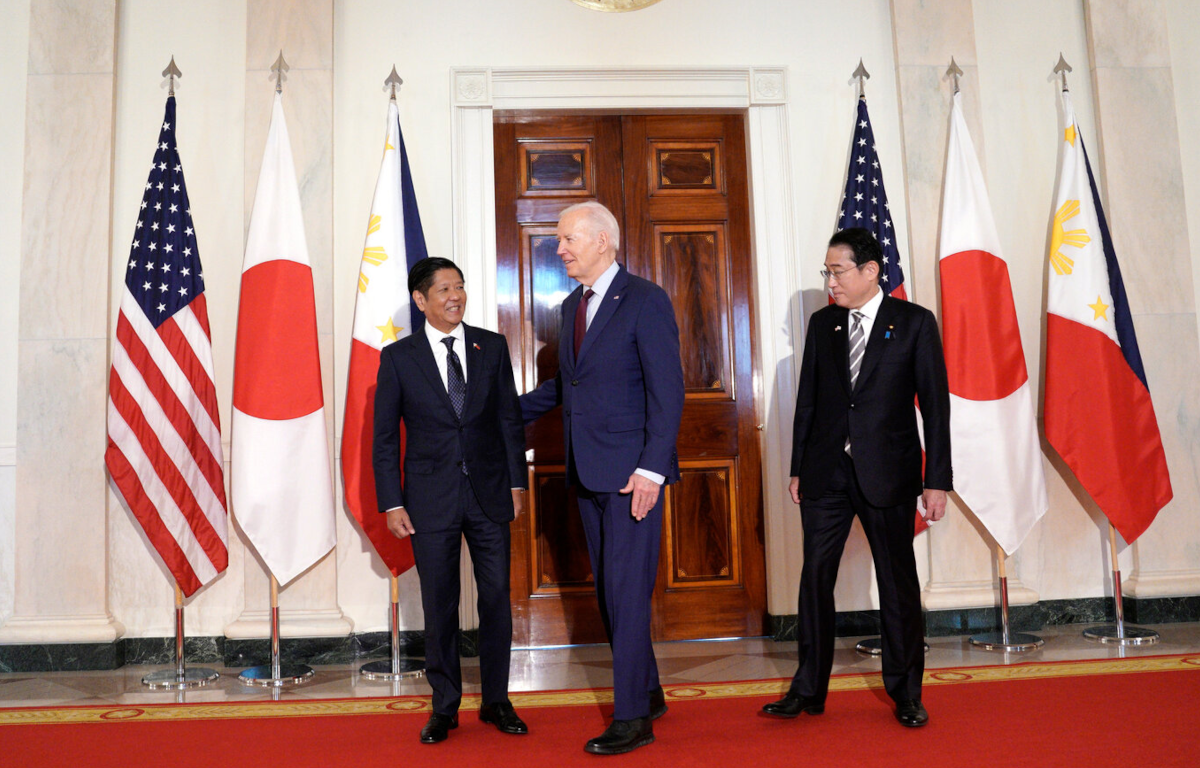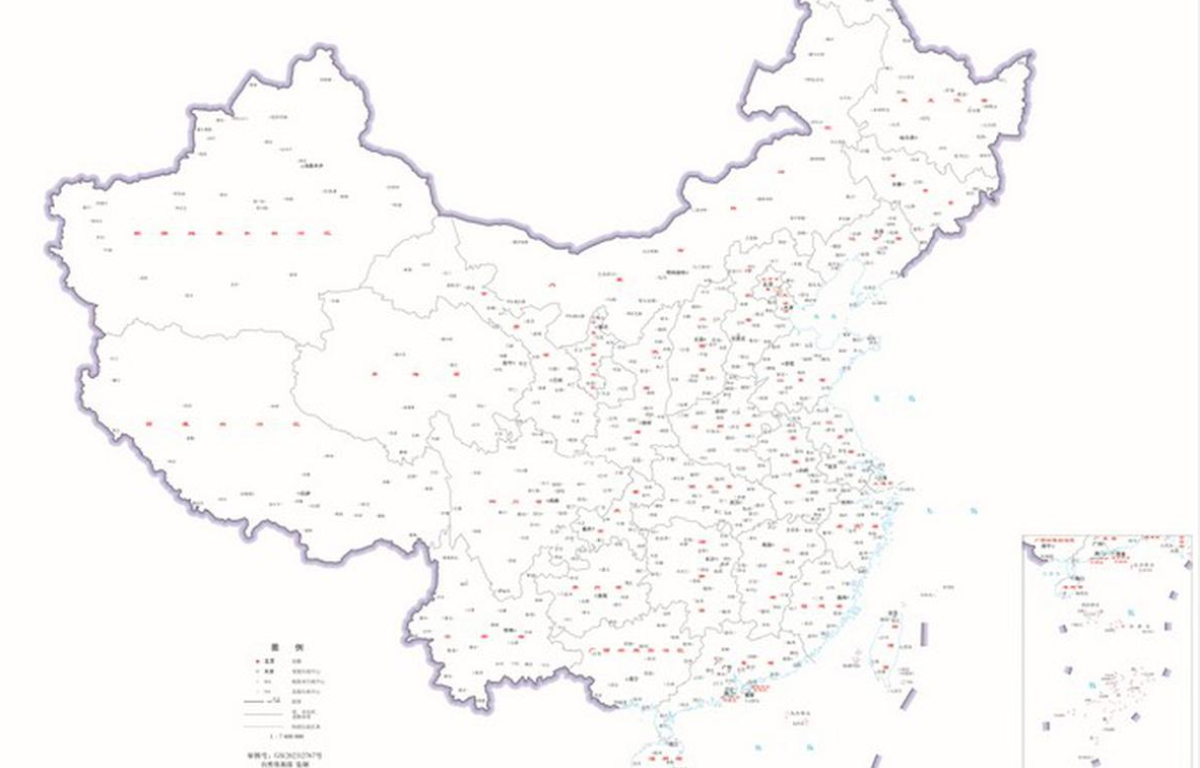
India’s rise within BRICS can be attributed to several significant factors. Firstly, its economic growth has been remarkable, positioning it as one of the world’s fastest-growing major economies. India’s vast and increasingly affluent population offers substantial market potential, making it an attractive partner for other BRICS nations. Additionally, India’s strategic location in South Asia gives it a pivotal role in regional geopolitics, and its participation in forums like the Shanghai Cooperation Organization (SCO) bolsters its global influence.
India’s status as a stable democracy with robust institutions sets it apart from some other BRICS members, making it a reliable and predictable partner in an uncertain world. Furthermore, India’s IT and technology sector, often referred to as the “Silicon Valley of the East,” has played a crucial role in shaping global discussions on digital governance and cybersecurity.
While China remains a formidable player within BRICS, its influence has faced certain challenges. Firstly, China’s economy, though still substantial, has shown signs of a slowdown, altering the economic balance within BRICS and making India an increasingly attractive investment destination. Geopolitical tensions surrounding China’s actions in the South China Sea and along its disputed borders have strained its relations with several BRICS members, impeding cooperation within the group.
Trade disputes, particularly between China and India, have exacerbated these tensions and occasionally disrupted consensus-building in BRICS meetings. Additionally, the diverse economic, political, and strategic interests of BRICS members have made it challenging to find common ground on various issues, leading to varying levels of commitment to BRICS initiatives.
India has actively engaged in shaping the BRICS agenda, particularly in areas such as economic cooperation. It played a pivotal role in establishing the BRICS New Development Bank (NDB), aimed at promoting infrastructure development and reducing dependency on Western financial institutions. India has also advocated for joint approaches to counterterrorism within BRICS and emphasized the need for a comprehensive global strategy to combat this threat. Moreover, India has promoted discussions on digital governance within BRICS, focusing on equitable access to digital resources and cybersecurity cooperation.
In the wake of the COVID-19 pandemic, India has taken an active role in discussions on global health security and vaccine distribution within BRICS, demonstrating its commitment to addressing pressing global challenges. As India continues to assume a central role within BRICS, the dynamics within the group will continue to evolve. China’s influence, while still substantial, faces economic and geopolitical challenges. India’s ascendancy presents opportunities for increased cooperation within BRICS, with far-reaching implications for global geopolitics and economics. In the coming years, India is likely to assert its leadership even further within this influential group of emerging economies.










Share this: